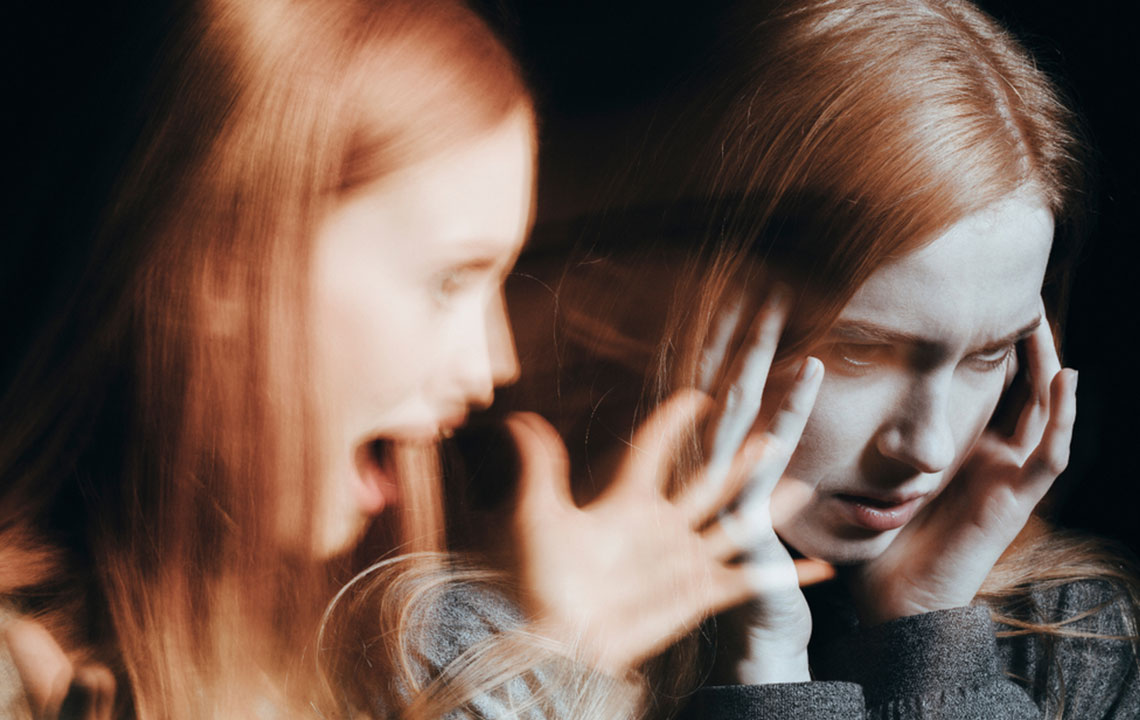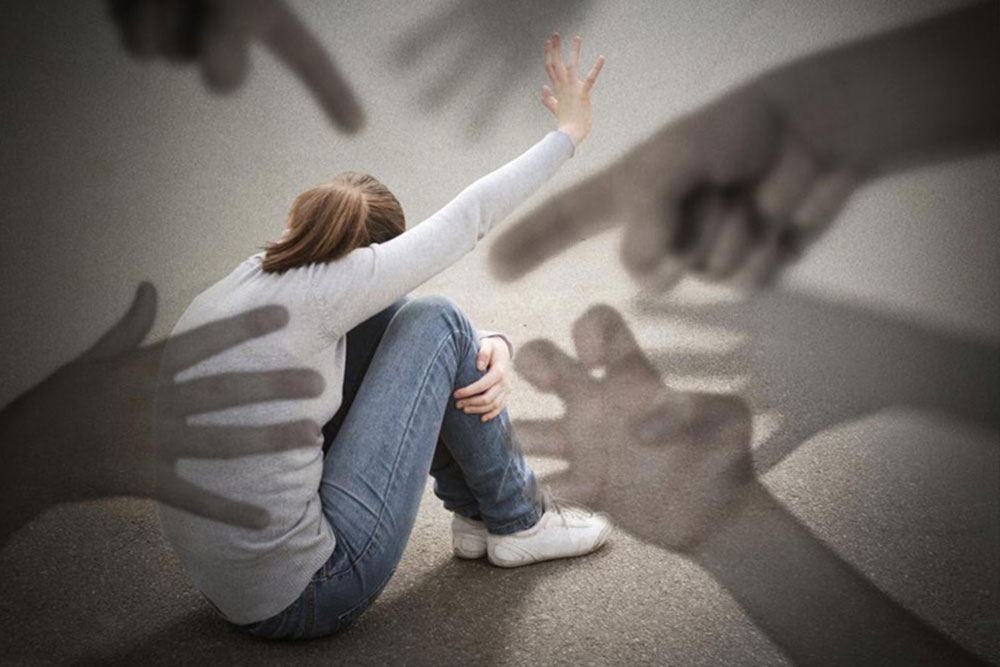Early Warning Signs and Management of Paranoid Schizophrenia
Understanding early signs of paranoid schizophrenia is crucial for prompt treatment and improved quality of life. Recognizing symptoms such as hallucinations, delusions, social withdrawal, and motor irregularities helps in early diagnosis. Proper management combines medical care with support strategies, enabling individuals to lead stable lives. If symptoms persist for over a month, seeking professional help is essential. This article highlights the importance of awareness, early detection, and professional intervention for paranoid schizophrenia to ensure effective treatment outcomes.

Early Warning Signs and Management of Paranoid Schizophrenia
Paranoid schizophrenia is a subtype of the broader schizophrenia spectrum, characterized by a disconnection from reality. Mental health professionals diagnose and treat various schizophrenia forms depending on specific symptoms. In paranoid schizophrenia, the main features include persistent fear and suspiciousness. Continue reading to understand the typical signs and symptoms associated with this condition.
Identifying early indicators of paranoid schizophrenia is vital for effective intervention. Spotting these symptoms promptly allows for timely diagnosis and lifelong management, which significantly improves outcomes.
If two or more of these symptoms persist for over 30 days, consulting a healthcare professional is essential to evaluate the possibility of paranoid schizophrenia.
Individuals may experience delusions, hallucinations, and hear voices that evoke feelings of fear, characteristic of paranoid schizophrenia.
Typically, symptoms appear in early or late twenties. The condition rarely affects children or those beyond 45 years old.
Hallucinations and detachment from reality can also be linked to substance abuse or drug influence.
When noticing these symptoms in a loved one, it's important to rule out drug misuse before considering schizophrenia. Teenagers may show symptoms like social withdrawal, poor academic performance, difficulty communicating, and intense hallucinations, often mistaken as rebellious behavior. Motor irregularities like unusual posture or eye and hand movements are also common signs.
Disorganized speech, emotional flattening, and apathy are indicative of paranoid schizophrenia. Despite common misconceptions, proper treatment and support can effectively manage this mental health condition.










